Drainage/Holding Basin Questions
peachymomo
13 years ago
Related Stories
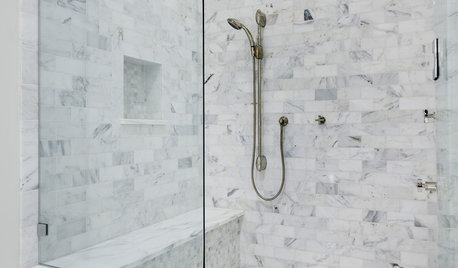
BATHROOM DESIGNConvert Your Tub Space Into a Shower — Waterproofing and Drainage
Step 4 in swapping your tub for a sleek new shower: Pick your waterproofing materials and drain, and don't forget to test
Full Story
MOVINGHiring a Home Inspector? Ask These 10 Questions
How to make sure the pro who performs your home inspection is properly qualified and insured, so you can protect your big investment
Full Story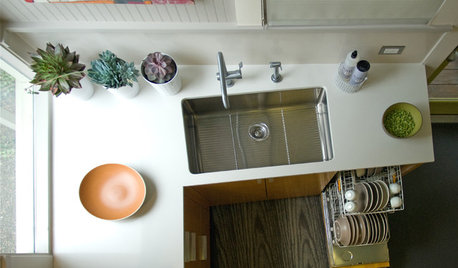
MOST POPULARHow to Choose the Right Kitchen Sink
Learn about basin configurations, sink shapes, materials and even accessories and specialty sinks
Full Story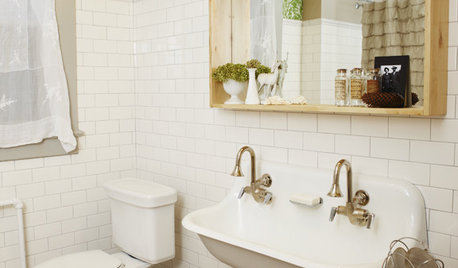
BATHROOM DESIGNSmall-Bathroom Secret: Free Up Space With a Wall-Mounted Sink
Make a tiny bath or powder room feel more spacious by swapping a clunky vanity for a pared-down basin off the floor
Full Story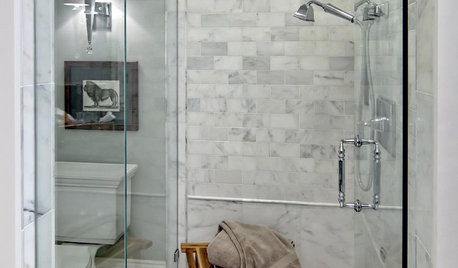
BATHROOM DESIGNHow to Settle on a Shower Bench
We help a Houzz user ask all the right questions for designing a stylish, practical and safe shower bench
Full Story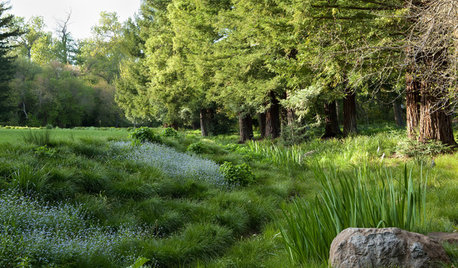
LANDSCAPE DESIGNHow to Move Water Through Your Landscape
Swales, underground pipes or a mix of both: There’s more than one way to distribute water in the garden
Full Story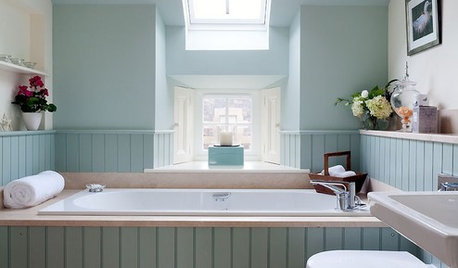
SMALL SPACES10 Tips for Chic Little Bathrooms
Get more visual appeal and storage in less space, following the lead of these stylish compact bathrooms
Full Story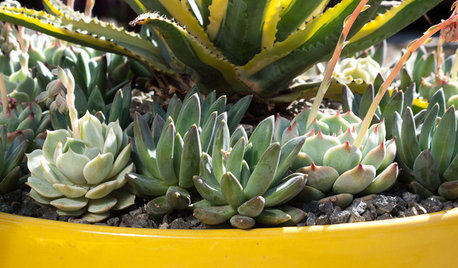
CONTAINER GARDENS3 Steps to Creating Quick, Easy and Colorful Succulent Containers
Take a bright container, add a colorful succulent or two and have a professional, summery design in minutes
Full Story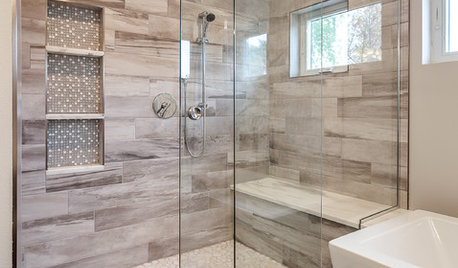
BATHROOM DESIGN10 Things to Consider Before Remodeling Your Bathroom
A designer shares her tips for your bathroom renovation
Full Story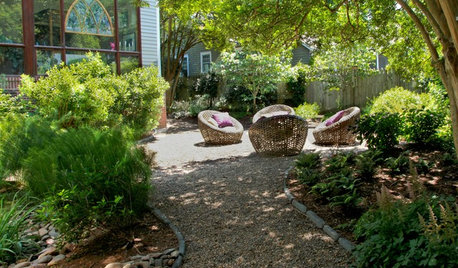
LANDSCAPE DESIGNEasy Ways to Manage Stormwater for Lower Bills and a Healthier Earth
Send cleaner runoff into local waterways and spend less on yard irrigation with these simple landscaping approaches
Full Story





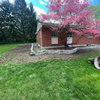
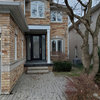

AncientDragonfly
peachymomoOriginal Author
Related Professionals
Ashburn Landscape Architects & Landscape Designers · Hershey Landscape Architects & Landscape Designers · Ilchester Landscape Architects & Landscape Designers · Rossville Landscape Architects & Landscape Designers · Brentwood Landscape Contractors · Surprise Landscape Contractors · Clark Landscape Contractors · Columbine Landscape Contractors · Harrisburg Landscape Contractors · Whitehall Landscape Contractors · Bensenville Landscape Contractors · Gaithersburg Decks, Patios & Outdoor Enclosures · King of Prussia Decks, Patios & Outdoor Enclosures · Reading Decks, Patios & Outdoor Enclosures · Sunny Isles Beach Swimming Pool Builderstanowicki
pls8xx
mark50_bigstring_com